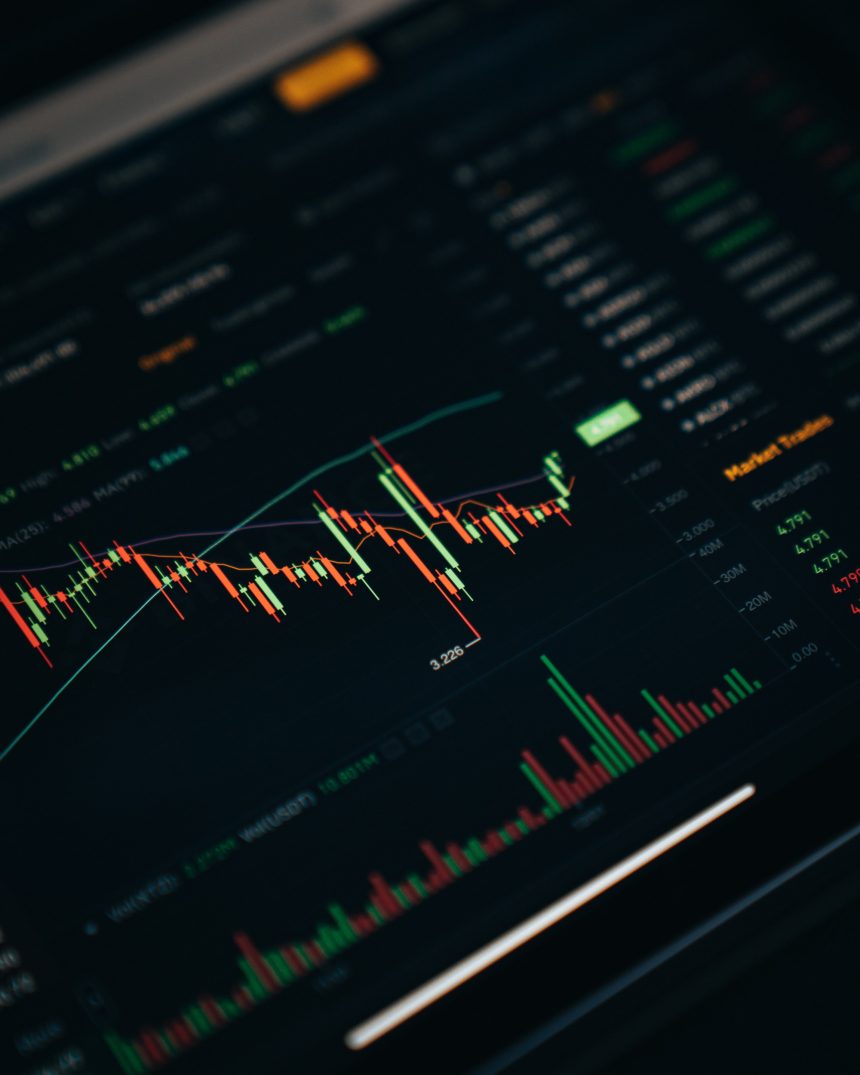Monero (XMR), a cryptocurrency known for its powerful privacy features, has become a subject of regulatory concern in several countries. While it offers individuals robust financial privacy, it has also raised alarms among governments and financial regulators. As a result, Monero has faced restrictions and outright bans in various jurisdictions around the world.
Understanding why Monero is banned requires a closer look at how it works, its intended purpose, and the broader implications of untraceable financial transactions.
How Monero Works
Unlike transparent cryptocurrencies such as Bitcoin and Ethereum, Monero emphasizes anonymity. It uses a combination of technologies including:
- Ring signatures – to obfuscate the sender of a transaction
- Stealth addresses – to hide the recipient
- Confidential transactions – to keep the transaction amount hidden
This means that Monero transactions are effectively untraceable. No third party, including governments and financial institutions, can determine who sent Monero, who received it, or how much was transferred.
[ai-img]monero, privacy, cryptocurrency[/ai-img]
Reasons for the Ban
Several countries have banned or restricted Monero for the following key reasons:
1. Potential for Illicit Use
Monero’s privacy features make it attractive to individuals looking to conduct transactions anonymously. Unfortunately, this also includes criminal activity such as money laundering, drug trafficking, and ransomware attacks. Law enforcement agencies struggle to track funds sent via Monero, making investigations significantly more difficult.
For example, cybercriminals often demand Monero payments in ransomware attacks because of the inability to trace transactions. This has made the currency particularly worrisome for jurisdictions trying to combat financial crimes.
2. Regulatory Compliance Challenges
Fresh global regulations, such as the Financial Action Task Force (FATF)’s Travel Rule, require exchanges and financial institutions to collect and disclose data about originators and beneficiaries of crypto transactions. Because Monero prevents access to such information, it fails to comply with these international norms.
As a result, several cryptocurrency exchanges—especially those operating in countries with strict anti-money laundering (AML) laws—have delisted Monero. This action is often taken preemptively to meet financial regulations and avoid penalties.
3. National Security Concerns
Governments are increasingly concerned that privacy coins like Monero can be used for activities that threaten national security. This includes unregulated funding of terrorism or untraceable cross-border capital movement. These concerns have led to legislative action in countries aiming to restrict the use of cryptocurrencies with privacy-enhancing technologies.
[ai-img]government, crypto regulation, banned currencies[/ai-img]
Countries That Have Restricted Monero
- Japan: The Financial Services Agency (FSA) outlawed privacy coins like Monero, Zcash, and Dash from being traded on domestic exchanges in 2018 as part of broader AML regulations.
- South Korea: As part of its revised AML laws, South Korea banned the use of privacy coins on its digital asset exchanges in 2021.
- Australia: While not explicitly banned countrywide, some key exchanges like CoinSpot delisted Monero due to increasing pressure from regulators.
- United States: There is currently no federal ban on Monero, but multiple federal agencies have expressed concern about its use in illicit activities. The IRS has even offered bounties for tools capable of tracing Monero transactions.
Impact of the Ban
These restrictions have had a significant impact on Monero’s adoption and public perception. While privacy advocates argue that financial privacy is a fundamental right, regulators believe that unchecked privacy can lead to misuse at scale. The result is a currency caught between two worlds: protecting individual freedom and enabling harmful anonymity.
Despite being delisted from many centralized exchanges, Monero continues to be traded through decentralized platforms and peer-to-peer networks. Support for Monero within privacy-focused communities remains strong. However, its limitations on mainstream acceptance may hinder long-term growth unless it can strike a balance between privacy and compliance.
Conclusion
The banning and regulation of Monero in various parts of the world stem from legitimate concerns about its potential use in illegal activities. Its powerful privacy tools, while appealing from a civil liberties perspective, pose risks to financial oversight, crime prevention, and global security frameworks.
As regulators continue to evolve policies around digital assets, the future of Monero will likely depend on how the cryptocurrency community can address these criticisms while preserving the core principle of user privacy.









